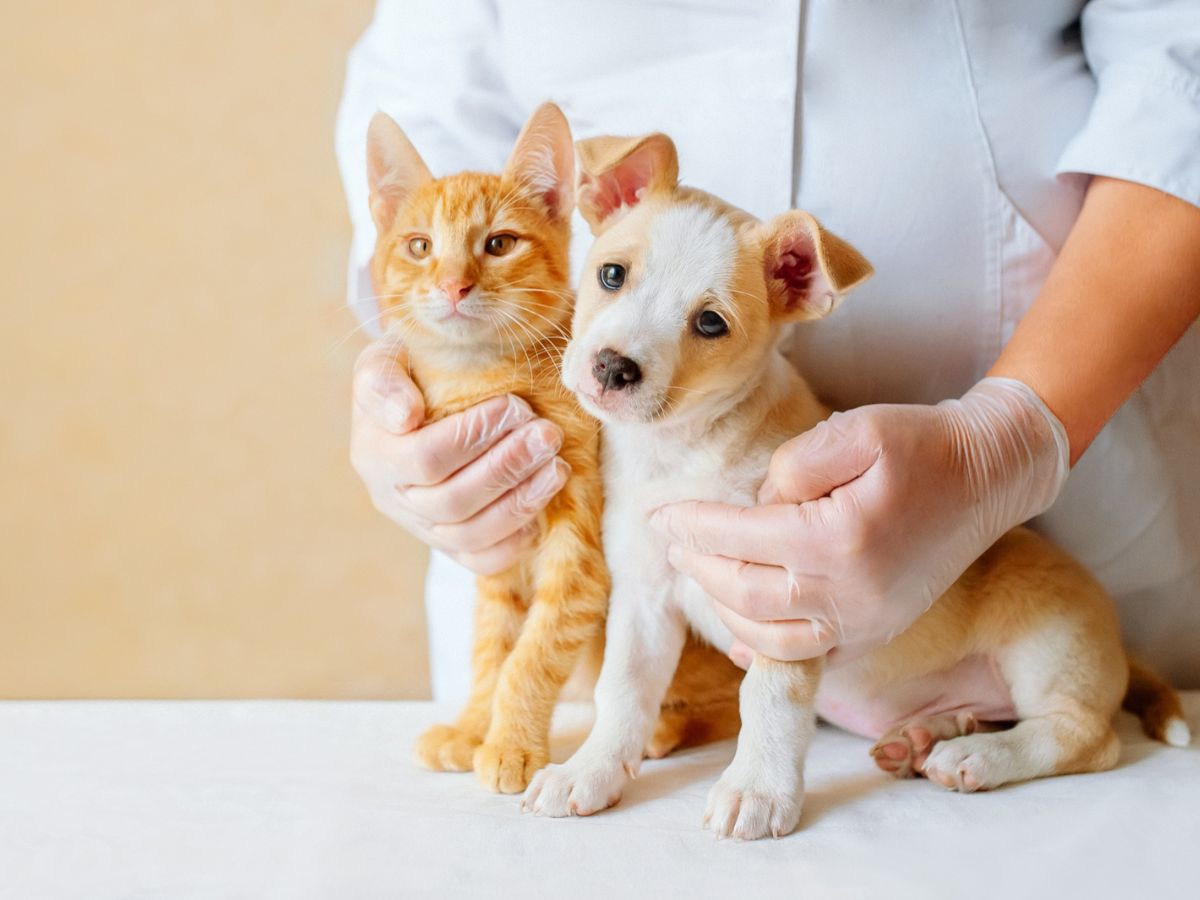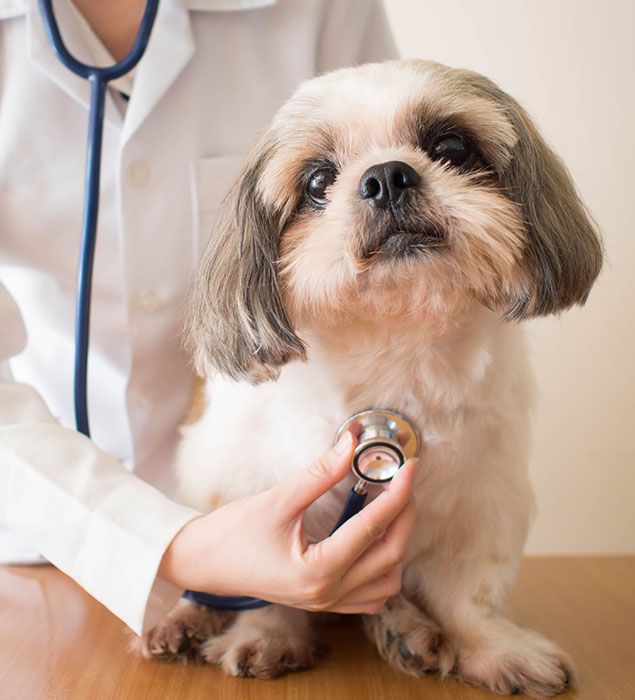Veterinarians are the only doctors trained to protect animals and people. They play critical roles in food safety, research, education, the uniformed services and environmental protection.
Regular visits allow the Veterinary Services in Mesa AZ to get to know your pet, which can help spot changes in weight, appetite, bathroom habits and more. This can save time, money and stress for both you and your pet.
Private Practice
Veterinarians who work in private practice usually have a wide range of clients, from domestic pets to laboratory animals. Some veterinarians focus on small animals, such as dogs and cats; others work with large animals, like horses or ruminants; or they may practice mixed animal medicine.
Many private veterinary practices offer employees health benefits, PTO and retirement plans. These perks can help recruit and retain veterinarians who might otherwise leave the industry for higher-paying positions at corporate clinics or hospitals.
Veterinarians who own their own practices have complete control over the type of medical care they provide. They also have the ability to set their own hours and hire technicians based on their expertise. However, starting a new practice can be costly and requires substantial startup funds. Then there are ongoing operational costs, including the cost of equipment and furnishings. Some private veterinarians struggle financially, especially during recessions.
Uniformed Services
Veterinarians in the military, at local, state and federal governmental agencies and in public health programs help protect both people and animals. In the Army Veterinary Corps, veterinarians serve as epidemiologists investigating human and animal disease outbreaks, such as influenza and rabies. They also work with food safety at processing plants, restaurants and public water systems. Veterinarians at the EPA study pesticides and industrial pollutants as well as their effects on the environment, animal and human health. They are also responsible for ensuring the sanitary conditions of laboratories and facilities at governmental agencies.
The AVMA’s mission includes helping to rebuild and improve animal care systems in war-damaged and underdeveloped countries. Veterinarians who have specialized in areas such as aquatic animal medicine, zoologic medicine and space medicine (shuttle astronauts) also serve in the military or other uniformed services. They may also play an important role in establishing and overseeing animal use programs at research institutions, including medical, breeding and testing.
Public Health
Veterinary public health (VPH) is the part of veterinary medicine that addresses society’s need to protect animal, human and environmental well-being. It includes activities such as herd health, meat inspection, wildlife disease control, import-export examinations, risk communication and food production safety.
Those specializing in the VPH field often work in government agencies, such as the Centers for Disease Control and Prevention or local health departments. They may also be involved in community outreach, working with the general public to educate people about responsible pet ownership or educating the public on how to recognize and report signs of animal cruelty.
VPH veterinarians are also in a unique position to identify the dangers of potential acts of bio- or agroterrorism, as domesticated animals and wild species represent an easy target for terrorists seeking to destroy agriculture and human health. This role is becoming increasingly important as a result of the lessons learned from outbreaks of severe acute respiratory syndrome, avian influenza and bovine spongiform encephalopathy.
Research
Research in veterinary science has long been important to human and animal health. Research into livestock diseases contributes to the safety of food, helps to improve animal welfare and increases productivity (as exemplified by the development of the’miracle vaccine’ for Bovine Spongiform Encephalopathie) and studies of wildlife disease help to protect biodiversity. Many of these research efforts are interdisciplinary and have interfaces with other disciplines.
A number of issues are now highlighting the importance of research in veterinary medicine, including concerns over agricultural bioterrorism and the fact that many emerging infectious diseases of humans are zoonotic, i.e., originate in animals (NRC 2002a). The AVMA advocates for research that benefits animal and human health and supports efforts to develop One Medicine through interdisciplinary research in fields such as nutrition, toxicology, epidemiology, microbiology, pharmacology and comparative medicine. Veterinary researchers can access a variety of federal, non-federal, and campus funds to support their work. For example, SVM students can apply to receive support to conduct research for 12 weeks during the summer through the Veterinary Medical Student Summer Scholars program.

